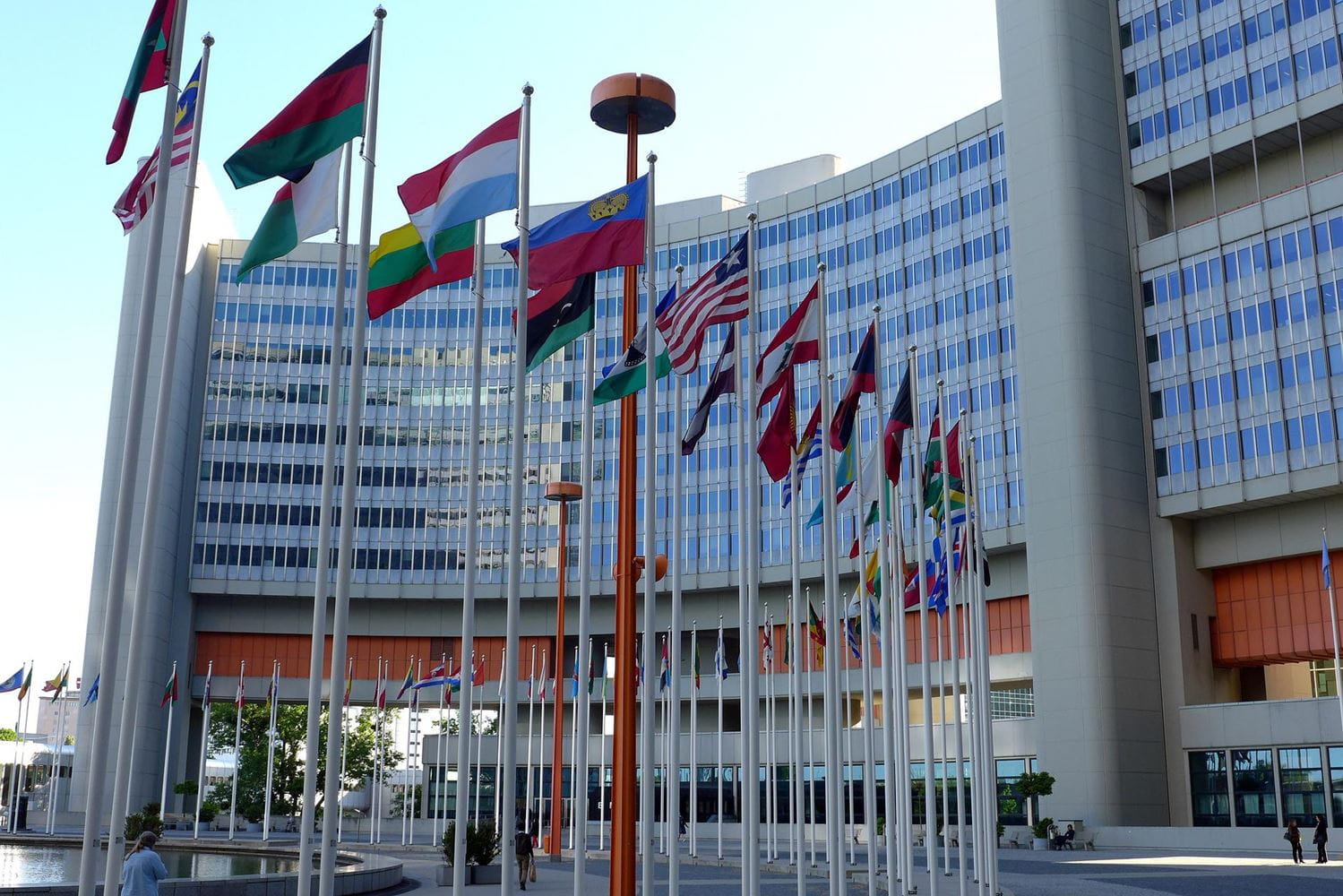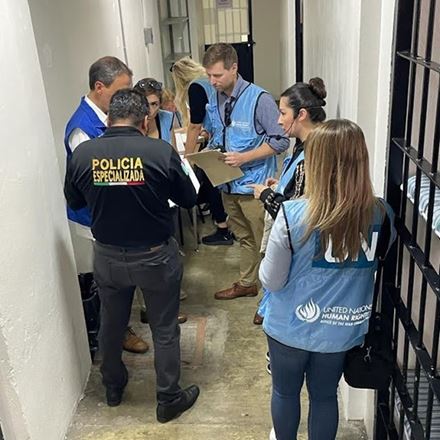Arbitrary Detention Redress Unit

The Human Rights Centre Clinic will continue to run the Arbitrary Detention Redress Unit (ADRU) this academic year as a multi-year project. The ADRU team will work under the supervision of Dr. Matthew Gillett, Chair Rapporteur of the United Nations Working Group on Arbitrary Detention.
Arbitrary detention is a human rights violation. It is prohibited under the Universal Declaration of Human Rights and the International Covenant on Civil and Political Rights. It can constitute a gateway to further violations, including torture, enforced disappearances, and violations of fair trial rights. Thousands of people around the world are subjected to arbitrary detention every year, including human rights defenders, journalists, and members of civil society organisations.
Over the course of the year, the ADRU team will work with Dr Matthew Gillett and other UN experts to redress cases of alleged arbitrary detention. The team will receive specialised training on key legal and human rights concepts related to protecting people from having their freedom improperly taken from them. They will learn how to review and analyse submitted complaints of arbitrary detention, assess government responses concerning allegations of human rights violations, and research novel issues regarding detention-related human rights violations. Team members will work on real cases and help prepare briefings for country visits, including inspections of detention facilities. Team members will be required to sign non-disclosure agreements covering their work in the ADRU.
Applications for 2025-2026 will open on 2 October 2025, after the Introduction to the Human Rights Centre Clinic session.
How to apply
Applications to join all Clinic projects in 2025-26 will open on 2 October 2025. Please submit your application by Monday 6 October at 5pm to humanrightscentreclinic@essex.ac.uk. Please send your application documents in PDF format with the file name [SURNAME]_[First name]_HRCC application.
If you wish to apply to the ADRU, you application to join the Clinic should include three attachments:
- your CV (two pages maximum).
- a 400-word statement explaining why you want to join the Clinic and what you expect to learn from it. The statement should include your preferred three projects in order of preference. We will do our best to accommodate your choices.
- a writing sample of a maximum of 1,000 words. This can be an excerpt from a piece of university work or any other formal writing - it does not need to be written specifically for this project and can concern any topic or discipline. Additionally, it can be in English, French or Spanish.
Interviews
Interviews will take place via Zoom during the week commencing 7 October 2025. You would be allocated a time slot for a short conversation with the HRC Clinic Director, the Deputy Director and Dr Matthew Gillett. We will communicate the decision during the week of 13 October 2025, and we expect to have the team in place late that week.
Who can apply?
- The ADRU is open to all undergraduate and postgraduate students at Essex from any discipline (it is not restricted to law and human rights students).
- When applying for this stand-alone project, you do not need to take HU902, but can opt to do so.
Thank you for your interest in this project, and we look forward to receiving your application.
Important information
Time Commitment
If successful in your application to join the Clinic, you may be offered a space both on a module-based project and the ADRU. You are free to accept both commitments, but note that, from late October until the end of June, the module-based projects will require approximately 8-10 hours of your time per week, while the ADRU will require 4-6 hours of your time per week, on top of the coursework for all other modules. We recommend you do not overstretch your commitments.
Student Activity
You will be assigned tasks in conjunction with the cases. These tasks will include:
- receiving specialised training on key legal and human rights concepts related to arbitrary detention
- reviewing and analysing complaints of arbitrary detention, as well as government responses thereto
- researching novel issues regarding detention-related human rights violations, and discussing potential approaches to these issues within the ADRU team
- preparing briefings on countries of particular interest in relation to arbitrary detention, and briefings of thematic issues regarding arbitrary detention
- adhering to non-disclosure obligations
Skills and experience you'll acquire
- you will develop exceptional skills regarding the assessment and redress of human rights violations
- you will obtain extensive knowledge of the law and key UN human rights institutions regarding arbitrary detention
- you will form strong research and writing skills
- you will develop the ability to analyse, process and summarise legal texts, as well as an understanding of the requirements of confidentiality
About the working group on Arbitrary Detention
The Working Group was established by the then Commission on Human Rights, in its resolution 1991/42, and was most recently extended by the Human Rights Council resolution 42/22 of 2019.
The group is composed of five independent experts of balanced geographical representation: Africa; Latin America; Western European and Other States (which includes New Zealand, Australia, Canada, the USA, and Israel); Eastern Europe; and Asia. UN Special Mandate holders act with independence, impartiality, and integrity.
There are three main areas of activity. First, the Working Group investigates individual complaints of arbitrary detention. In this respect, the Working Group invites responses from the relevant governmental authorities and, based on all the information received, it issues opinions as to whether the detention is arbitrary and in violation of international human rights standards. Second, the Working Group conducts country visits to assess the situation regarding detention in particular states. Third, the Working Group carries out broader inquiries into patterns of arbitrary detention and its impact.

